
DOWNLOAD THE IDEA GUIDE
Don't let the blank page intimidate you! Our idea guide has prompts and exercises specifically tailored to memoir writers. Are you ready to start crafting your memoir?

Upcoming Webinars
While picture books are easy and fun to read—they can be extremely challenging to write well! Join me on an exploration of this amazing, engaging, and colorful category of children’s books.
Get an insider's view of the publishing world with Publishing Lunch, the ultimate speaker series designed for writers ready to thrive. This isn’t just another webinar; it’s your backstage pass to candid conversations with industry pros like literary agents, acquisitions editors, and more.
Get an insider's view of the publishing world with Publishing Lunch, the ultimate speaker series designed for writers ready to thrive. This isn’t just another webinar; it’s your backstage pass to candid conversations with industry pros like literary agents, acquisitions editors, and more.
Query letters are the most controversial topic in publishing. They’re your foot in the door in the slush pile, and a good one will launch you toward your publishing goals. Learn how to write a compelling query from a former literary agent, get advice for agent and publisher research, and discover some surprising submission dos and don’ts.
Videos
NYT bestselling author/illustrator Jarrett Krosoczka shares the challenges and gratifications of reaching across different age categories and the importance of illustrations in storytelling. Listen to hear his tips on writing within established franchises (like Star Wars), how to pivot a picture book idea into a graphic novel series, and memoir writing.
Book Marketer and PR Coach Emily Enger joins Mary to talk about some of the aspects of the writing process that might leave a yucky taste in our mouths. Tune in for actionable tips and insights into a publicist and marketer's side of the publishing world.
Think twice before you moralize in your book. Ditch "sharing is caring!" and go for a more nuanced message. Here's how.
Writer, writing teacher, ghost writer, and general literary icon Roz Morris joins Mary Kole for an interview on the Good Story Speaker Series. They dive into the mechanics of storytelling and discuss how to connect with your audience—whether you're writing someone else's story or your telling your own.
Award-winning writer and ghostwriter Kelly Madrone joins us to talk about writing as someone else, modulating a professional potty mouth, and how to create a nuanced story arc in memoir.
Publishing loves its buckets. In children's books, there are several buckets that you need to fit into, with word count guidelines and all of that. There are buckets and tropes in adult publishing as well. Books that don't lend themselves easily to categorization can be a really difficult sell.
It's a weird thing to think of yourself as a character, but it’s something people have noticed a lot in modern memoir. The character in a memoir has trended more and more relatable, more authentic. I think that’s a good thing, but it is also challenging because it asks a lot more of the writer who's writing the memoir.
We've all heard people who claim that somebody took their idea and is now publishing it, or that somewhere somehow, another writer has come up with basically the same idea, sold it, and now, what does that mean for your idea?
Writing invariably is a passion for a lot of people that I work with. And they just, for whatever reason, have not been able to sort of devote themselves to it until now. And that's usually when they come to me and I plug into their process.
The number one consideration of writing memoir for our day and age is that we need to be authentic and we need to be brave. You're writing a memoir because you have lived an interesting, unique, unlikely experience. And then you have also done the work to make something of that experience, to realize its lessons without preaching.
This one's for all the people who are still casting around for an idea. How do you create a story? What matters to you, and what matters to readers?
Here's an energizing pep talk on how to write, including the ingredients you need to get started and keep going.
Podcasts
Premise is the short summary of your story, also known as the hook or logline, that informs the reader’s expectations of where the story will go. Stay on track and learn how to structure your personal story with strong premise in memoir.
If you’re struggling to figure out how to write your memoir or can’t seem to find the right words, here are three writing practices to make you a better memoir writer and help your memories, reflections, and musings shine bright and clear.
Many aspiring memoirists wonder: how true does my memoir have to be? It can be daunting to think about the holes in our memory, the times we disagree with others about what really happened, or the way time has altered our perception. No one wants to become the latest scandal for lying in a memoir!
What happens when you’ve written a memoir but find that your words aren’t resonating with readers the way you thought they would? And upon that realization, what do you do or change to bridge the gap?
Many people wonder how to start a memoir, and if it’s even worth doing. Yes, it is absolutely worth doing. But not every event from your life merits inclusion. You have to be selective. Here’s how …
Many authors write under a pseudonym, also known as a pen name. If you think writing under an alias is in your future, here are some criteria to help you decide. I’ve also got some tips on how best to come up with one.
The act of writing theme is an important ingredient in storytelling, but it doesn’t have to resound with Meaning-with-a-capital-M. In fact, theme works best when it’s subtle and even open to interpretation. Here are three tips that’ll help you incorporate theme into your story.
Some writers have been scribbling stories for so many years, they can’t remember a time when they weren’t writing. Others—like me—specifically remember when they decided to attempt a novel and began typing their first paragraphs. I want to share some advice for beginning writers here who might be feeling overwhelmed, insufficient, or daunted by the road ahead.
Uncap those pens, pop open those PCs, and crack your knuckles. It’s time to dive into good ideas for books, and how to brainstorm. Good Story Company is here to help you stay inspired with our quirky list of good ideas for books.
Thinking about a “target audience” can sound cold and impersonal, especially for writers who are pouring their hearts into a manuscript. After all, it’s not like we’re lining readers up, eyeing the red circles painted on their torsos, and lobbing our books at them. Or are we?
Story ideas don’t always come easily, but sometimes we get glimmers that turn into a list of foggy ideas. How do we decide which new idea to run with? And how do we take steps to make it shine?
Many writers run into some form of writer’s block, but nonfiction and memoir writers have certain challenges to overcome writer’s block that fiction writers don’t face. Someone writing a novel can simply … make up what happens next. But memoir writers can feel constrained by wanting to be true to reality.
Stories are like people. They have a body, and a soul. The body is the plot, the actions that happen. And the soul is the character, the protagonist, the key person (or persons) bound by the circumstances of the plot and forced into decisions.
Blog Posts
Thrilled to be joined by author and publishing expert Courtney Maum! She gives us insight behind her terrific book, Before and After the Book Deal, and talks about the highs and lows of publishing. Tune in for her knowledgable tidbits about marketing, building an online platform, self-publishing, memoir, and more!
NYT bestselling author/illustrator Jarrett Krosoczka shares the challenges and gratifications of reaching across different age categories and the importance of illustrations in storytelling. Listen to hear his tips on writing within established franchises (like Star Wars), how to pivot a picture book idea into a graphic novel series, and memoir writing.
Roz Morris and Mary dive into the mechanics of storytelling and discuss how to connect with your audience—whether you're writing someone else's story or you're telling your own.
Ghostwriter Kelly Madrone joins us to talk about writing as someone else, modulating a professional potty mouth, and creating a story arc in memoir.
Historical and fantasy author Gail Carson Levine interviews with Mary Kole. She shares thoughts on the writing process, world-building, and her latest book, A Ceiling Made of Eggshells.
A podcast interview with ghostwriter Laura Elliott, all about deep research, finding inspiration from various sources, and telling stories … even other people’s.
Services
Want to discuss your idea, ask questions, or get live feedback? Request some time on the phone or on Zoom with Michal Leah.
Want to discuss your idea, ask questions, or get live feedback? Request some time on the phone or on Zoom with Michal Leah.
Want to discuss your idea, ask questions, or get live feedback? Request some time on the phone or on Zoom.
Want to discuss your idea, ask questions, or get live feedback? Request some time on the phone or on Zoom with Rhiannon Richardson.
Want to discuss your idea, ask questions, or get live feedback? Request some time on the phone or on Zoom with Kristen Overman.
Want to discuss your idea, ask questions, or get live feedback? Request some time on the phone or on Zoom.

FEATURED SERVICE
Want to discuss your idea, ask questions, or get live feedback? Request some time on the phone or on Zoom.






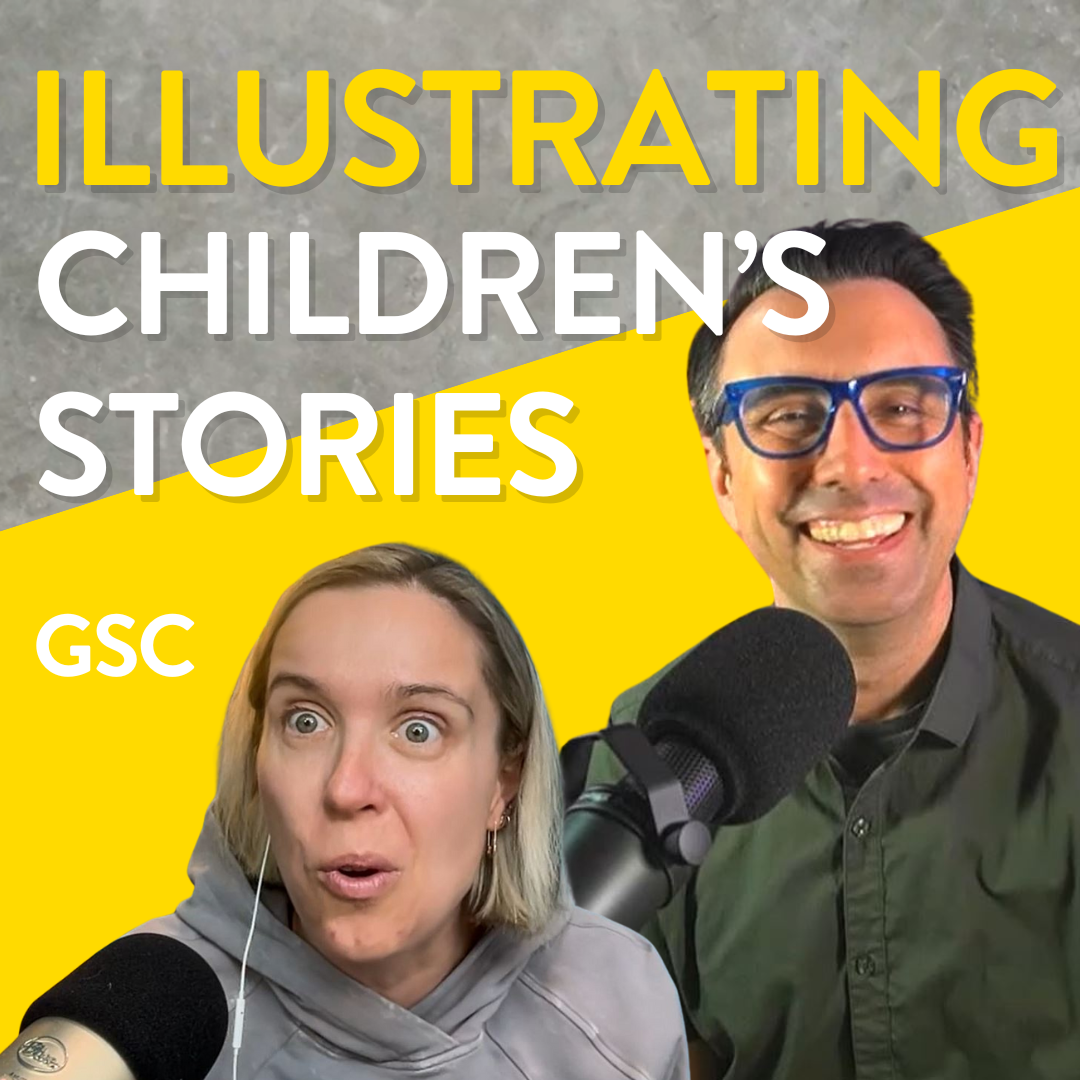
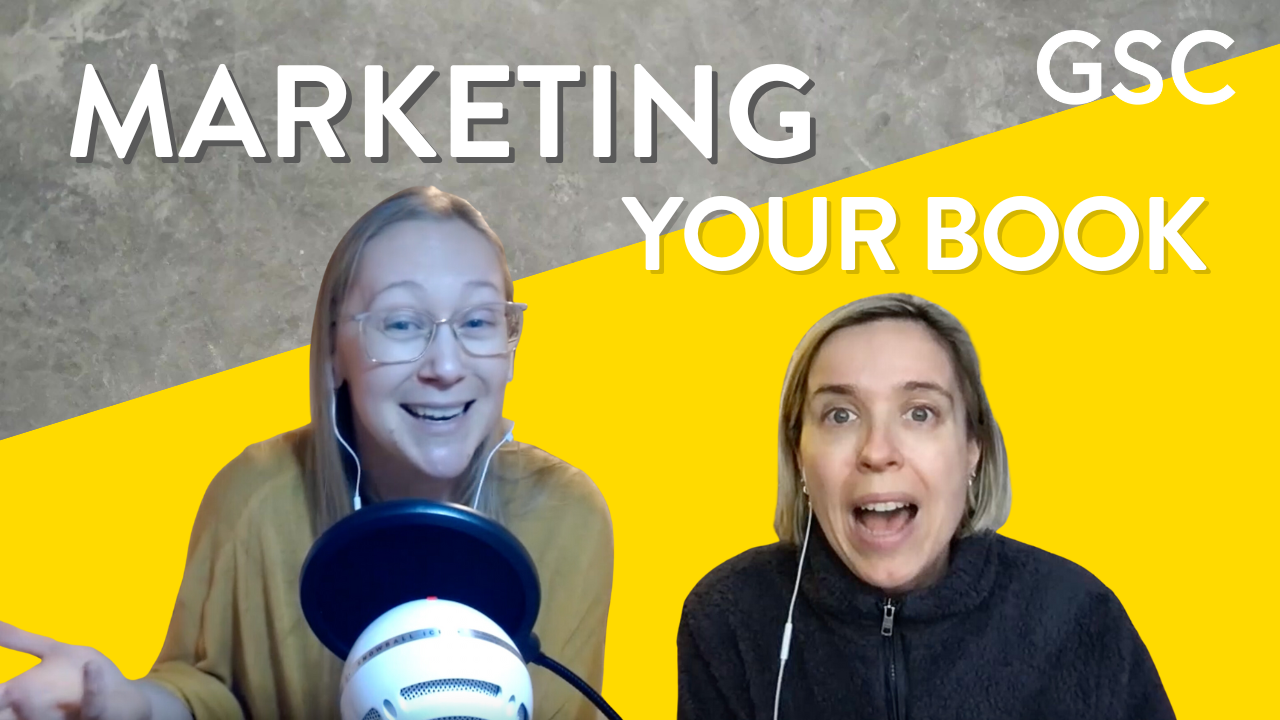
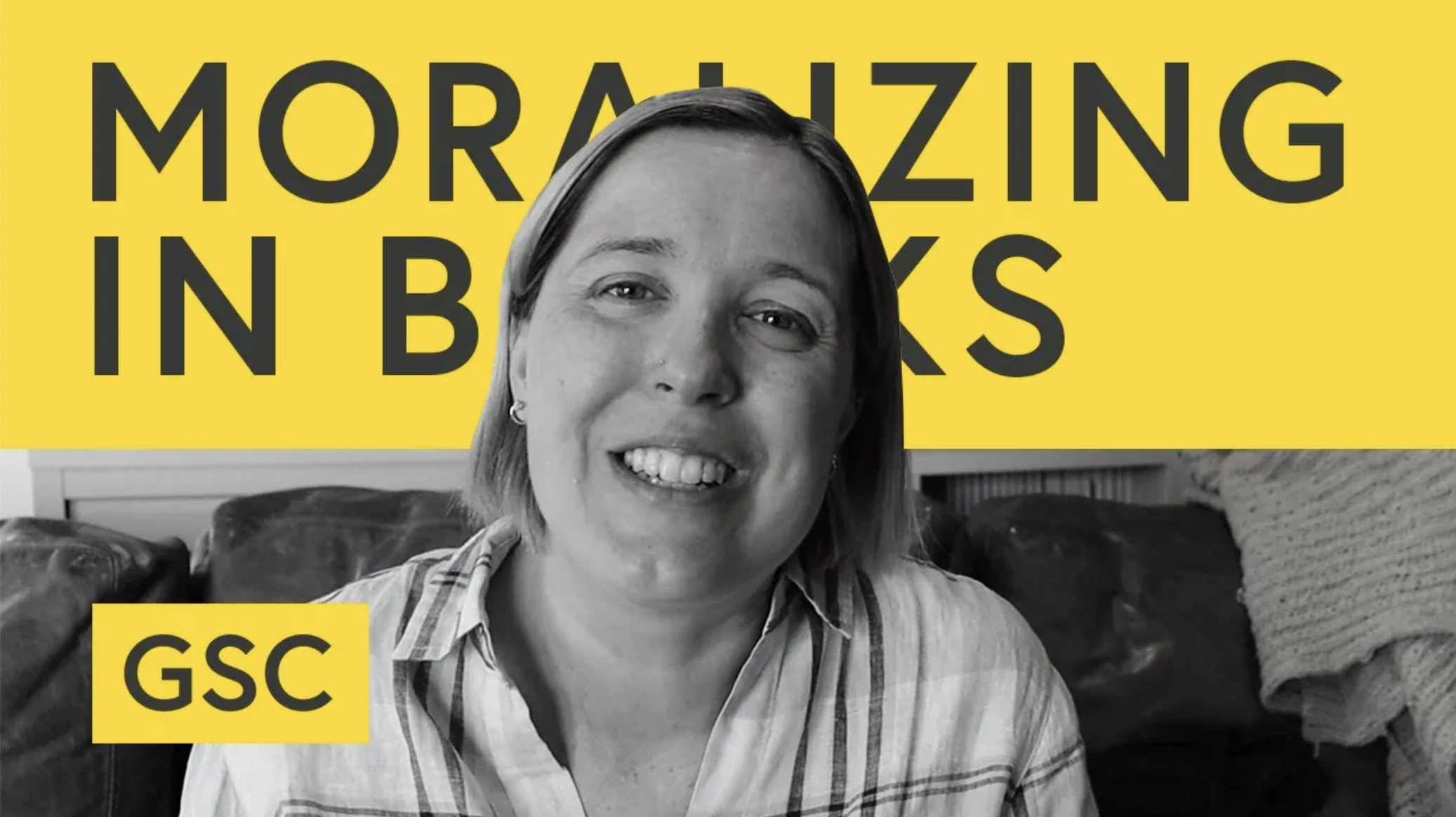


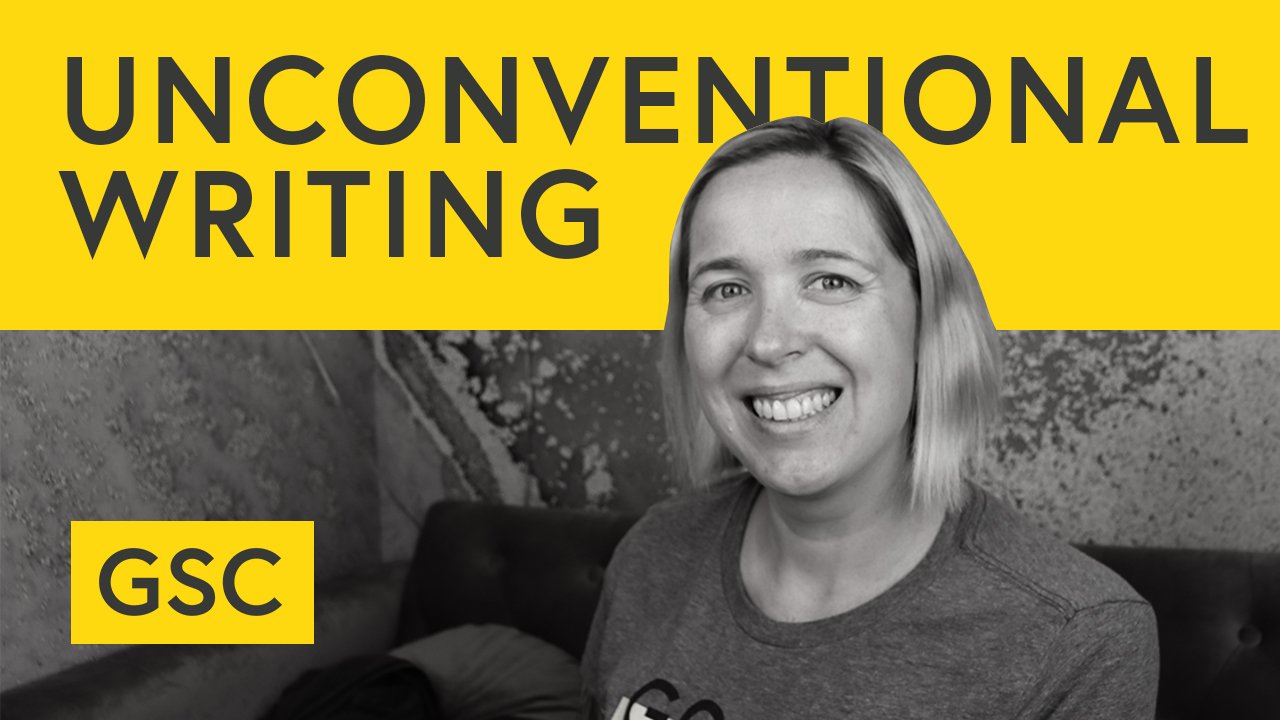
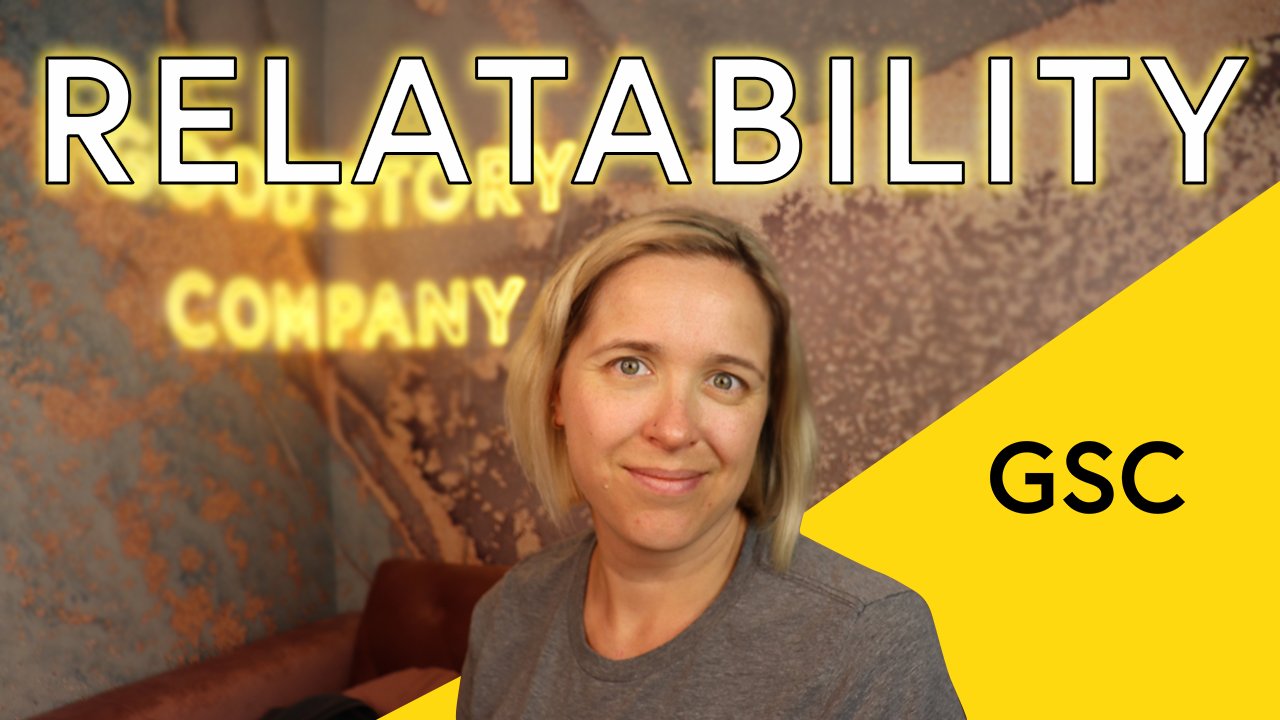
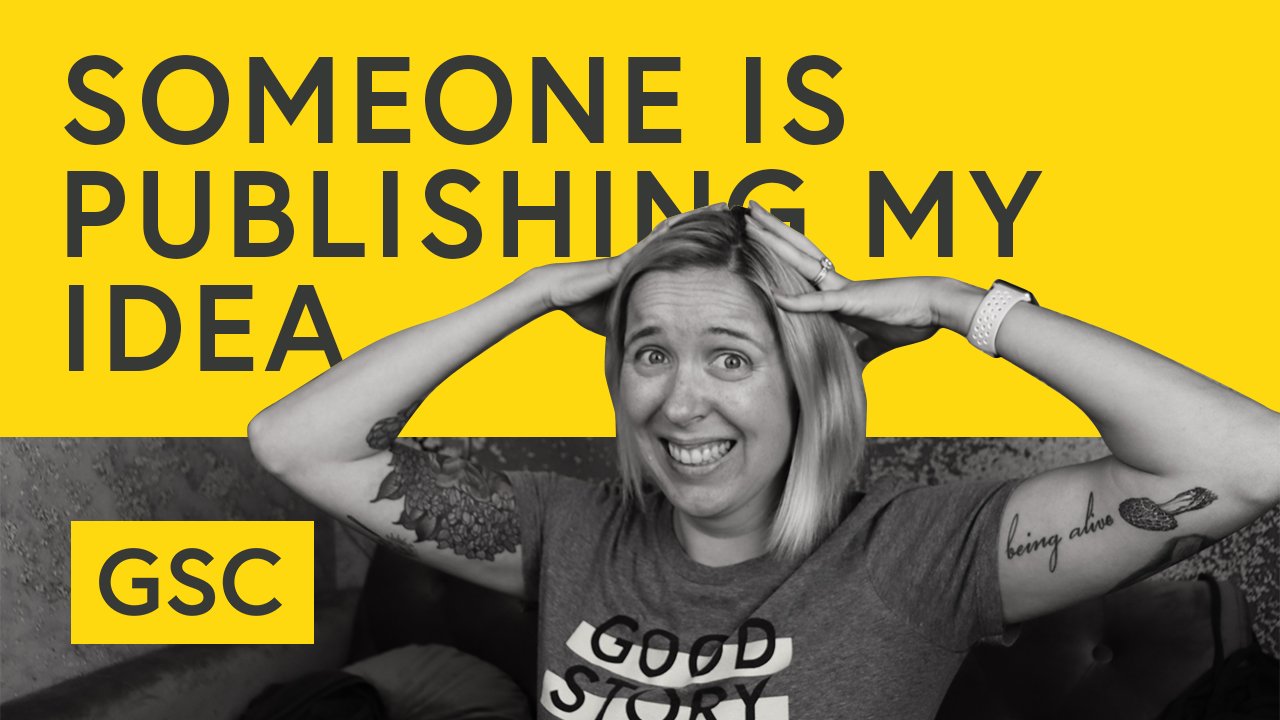
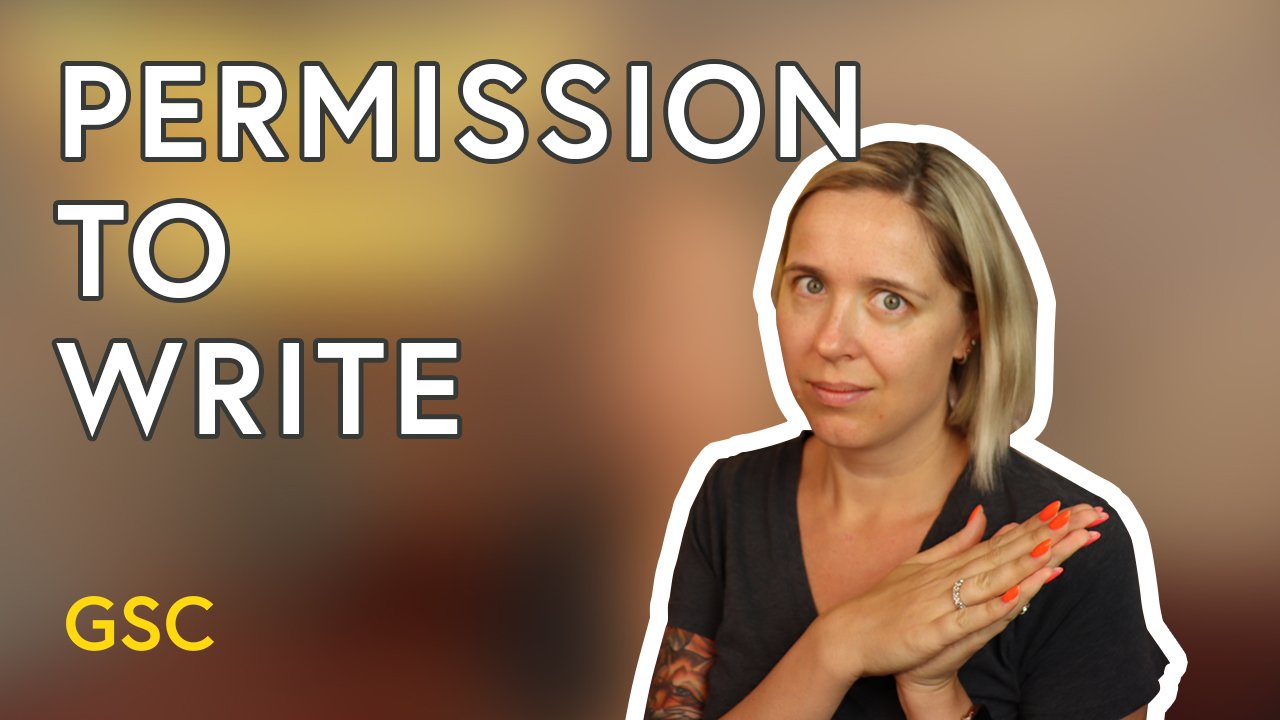
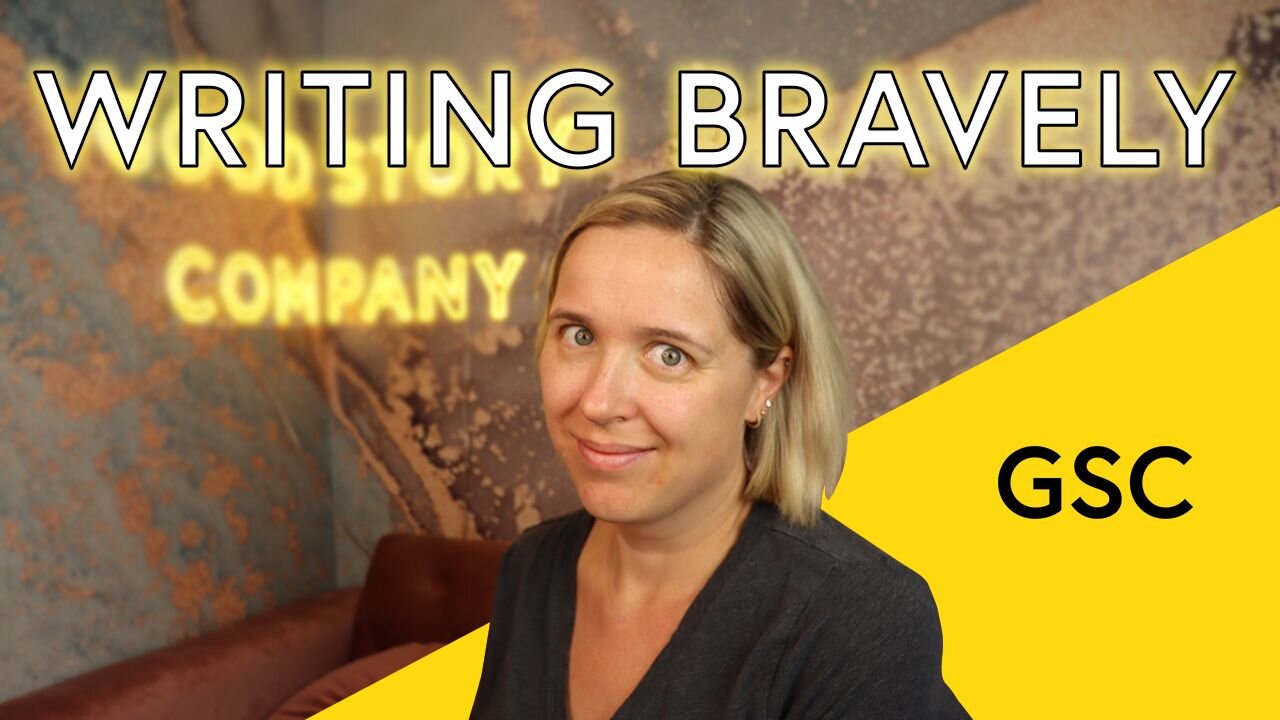
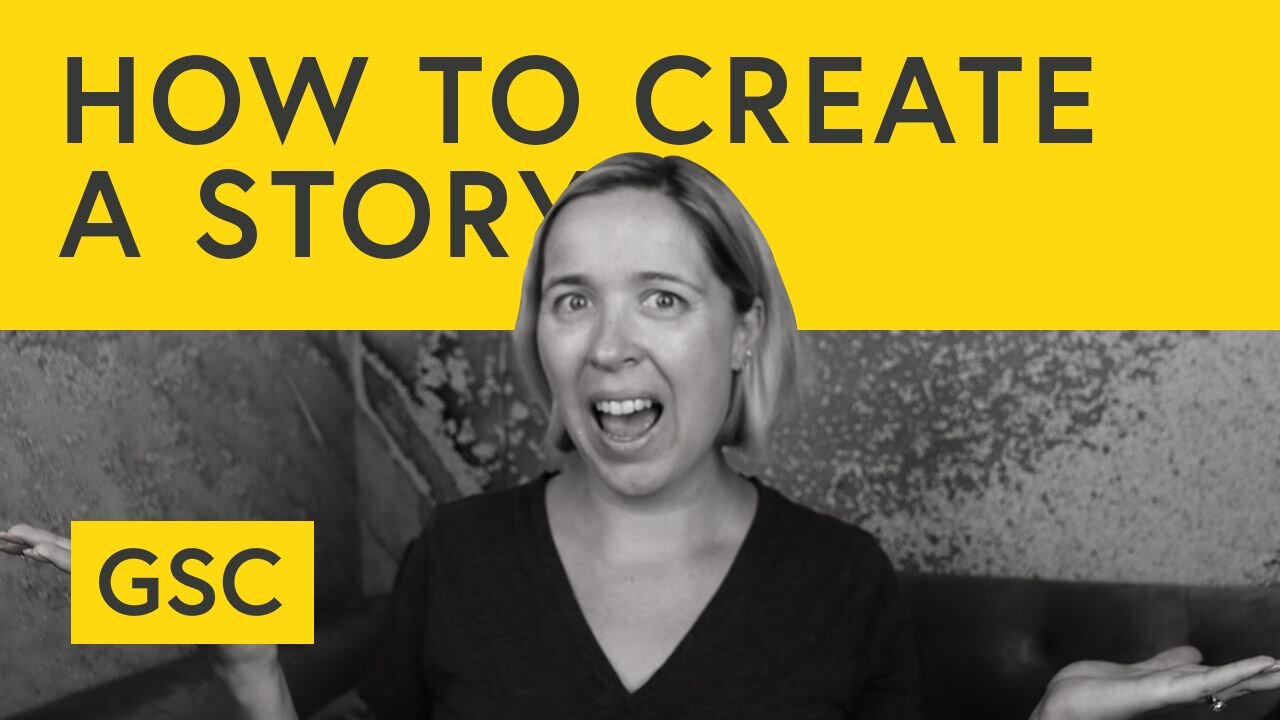
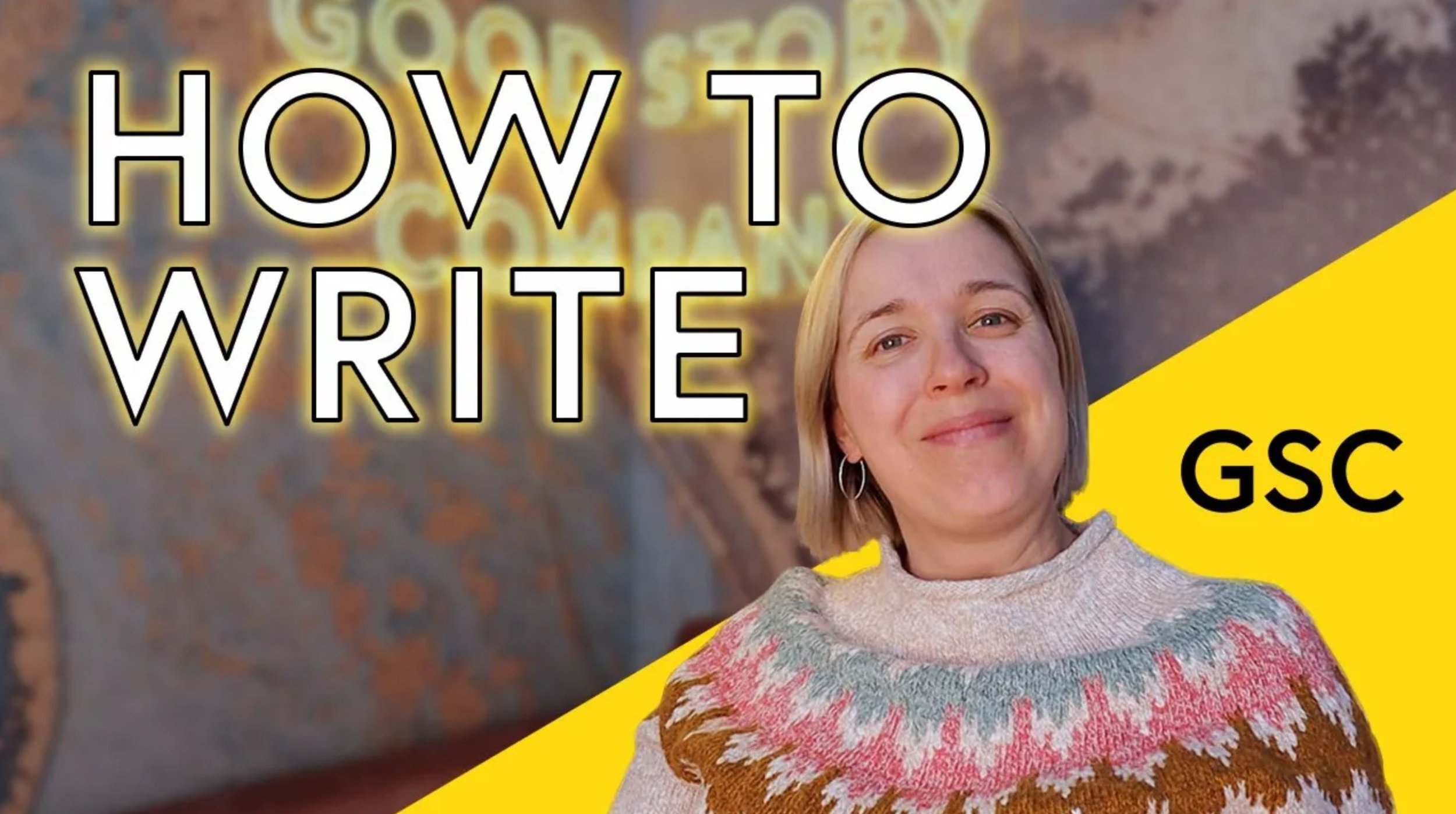
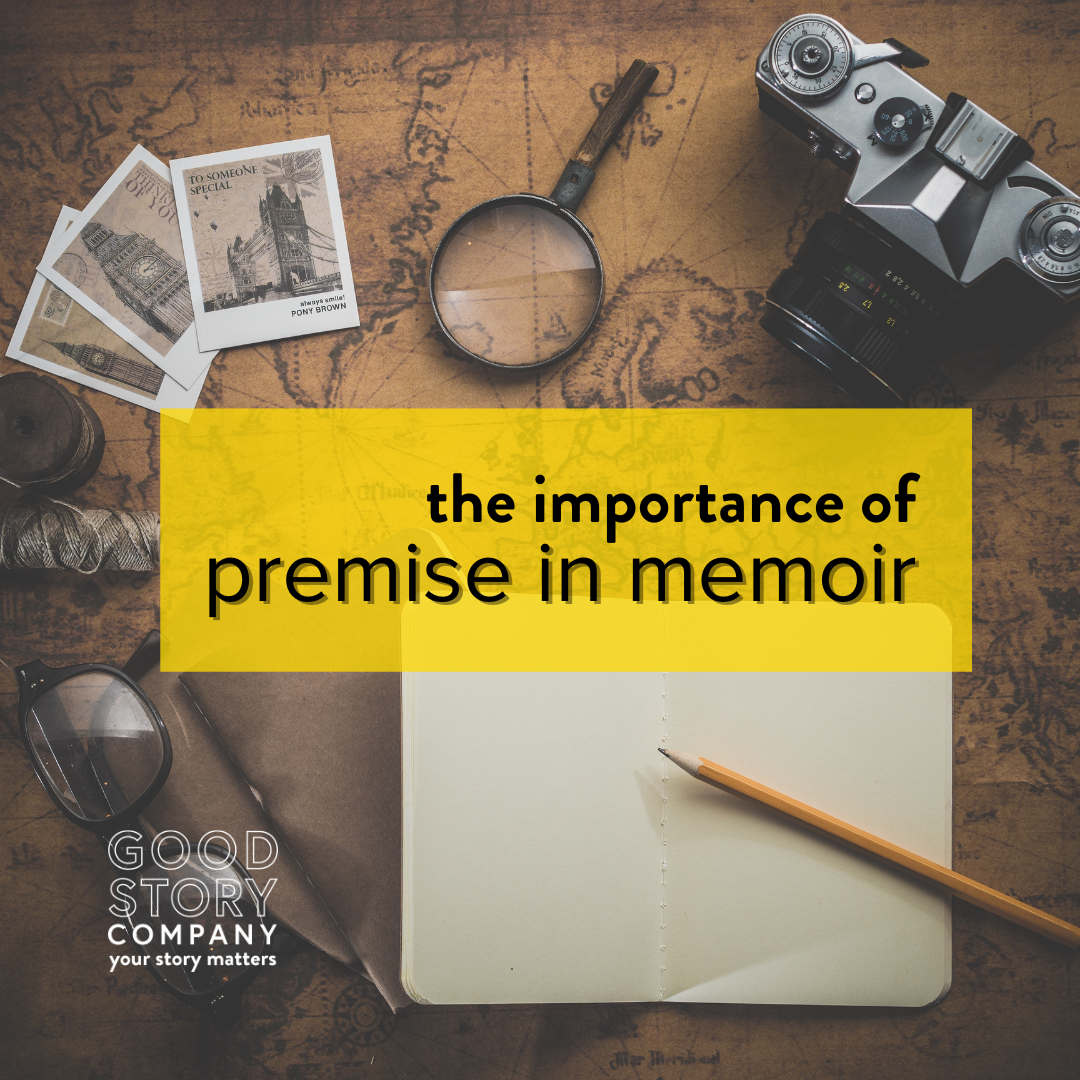

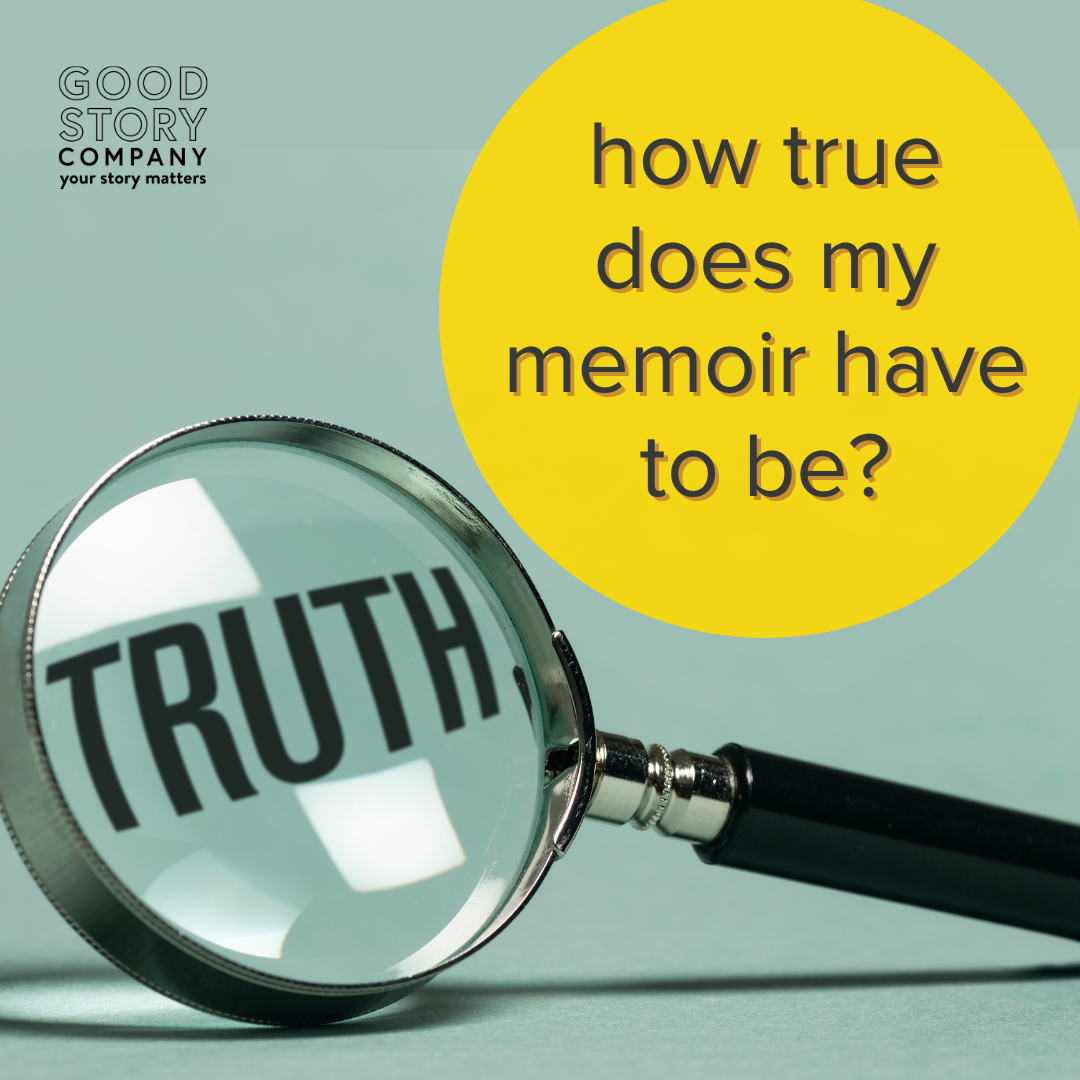
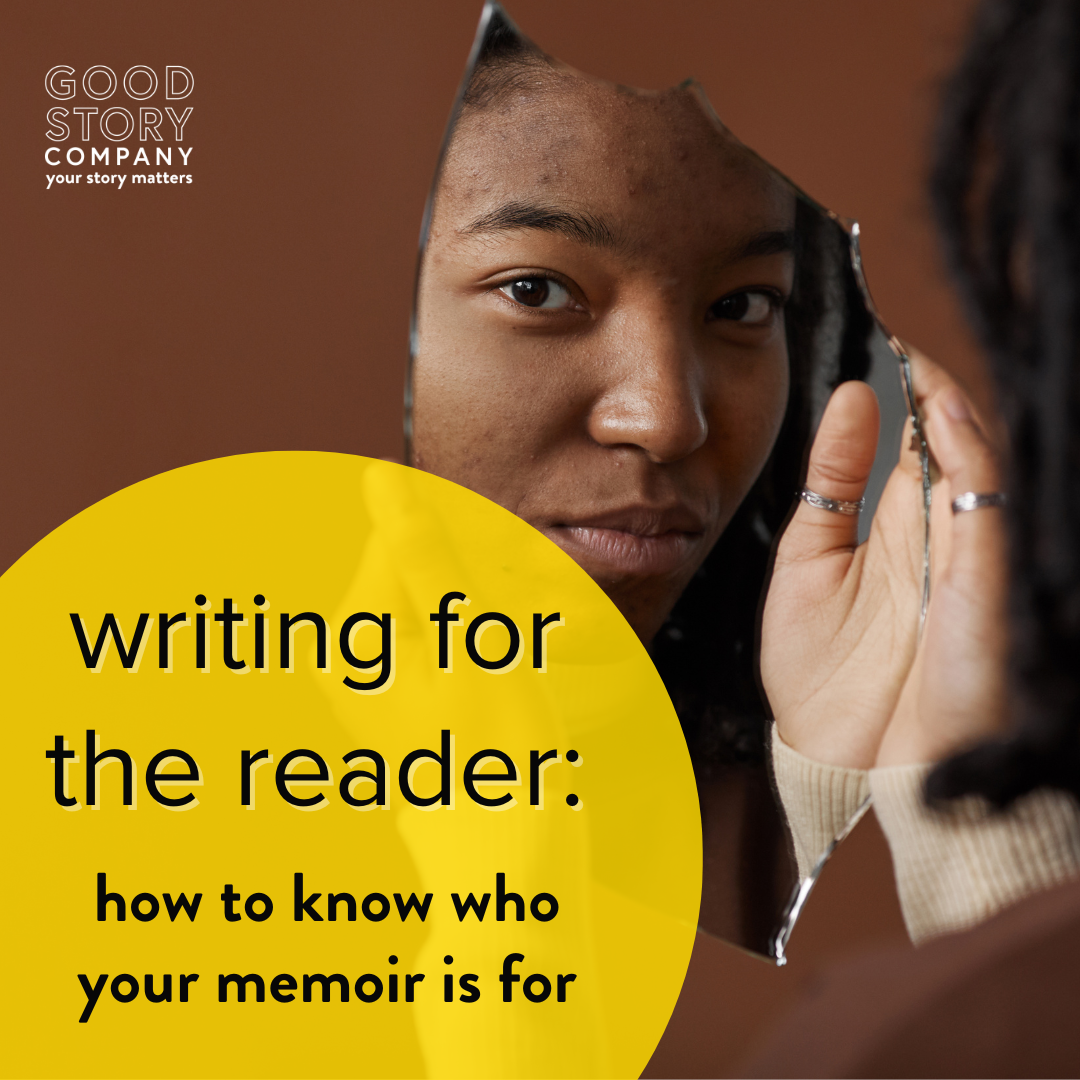










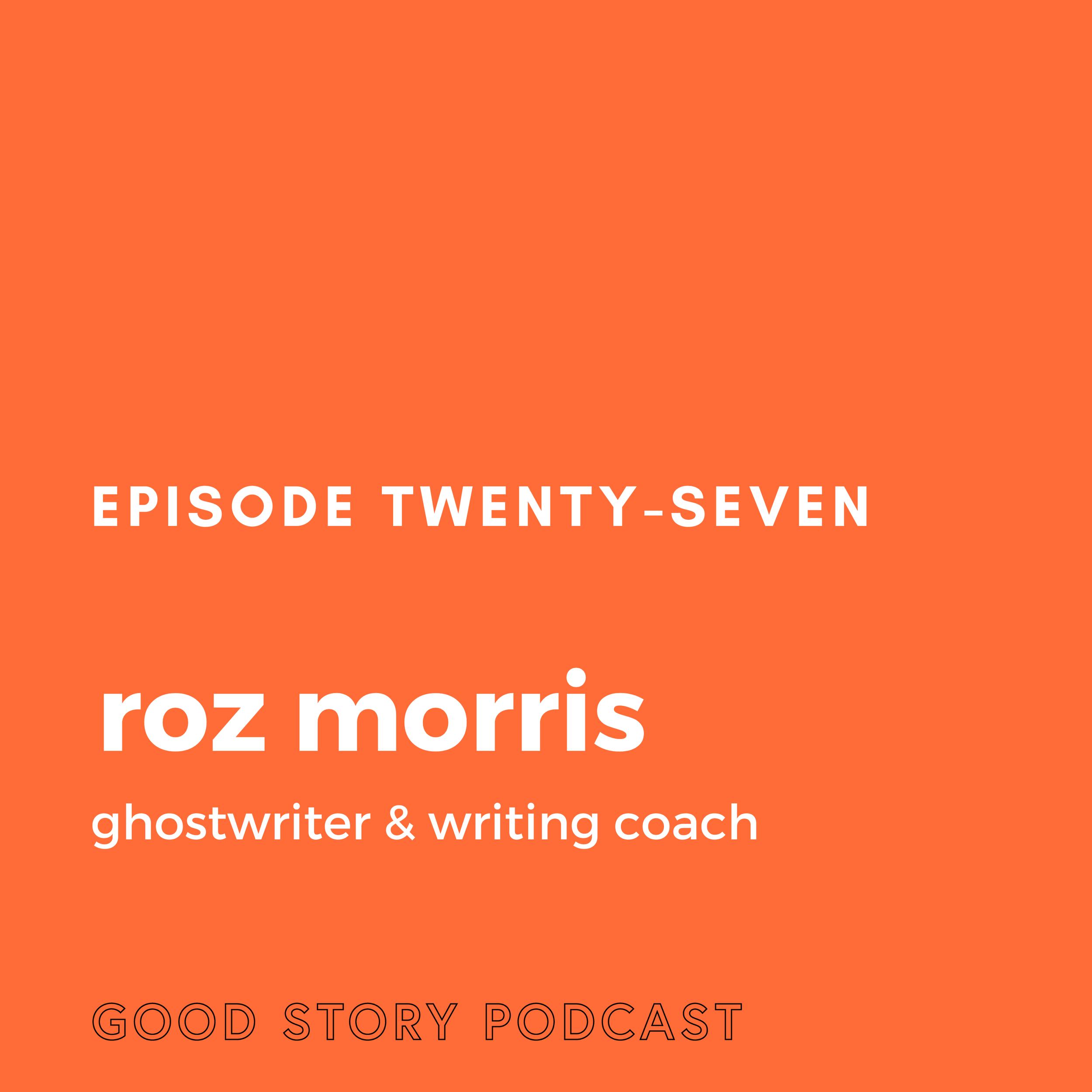
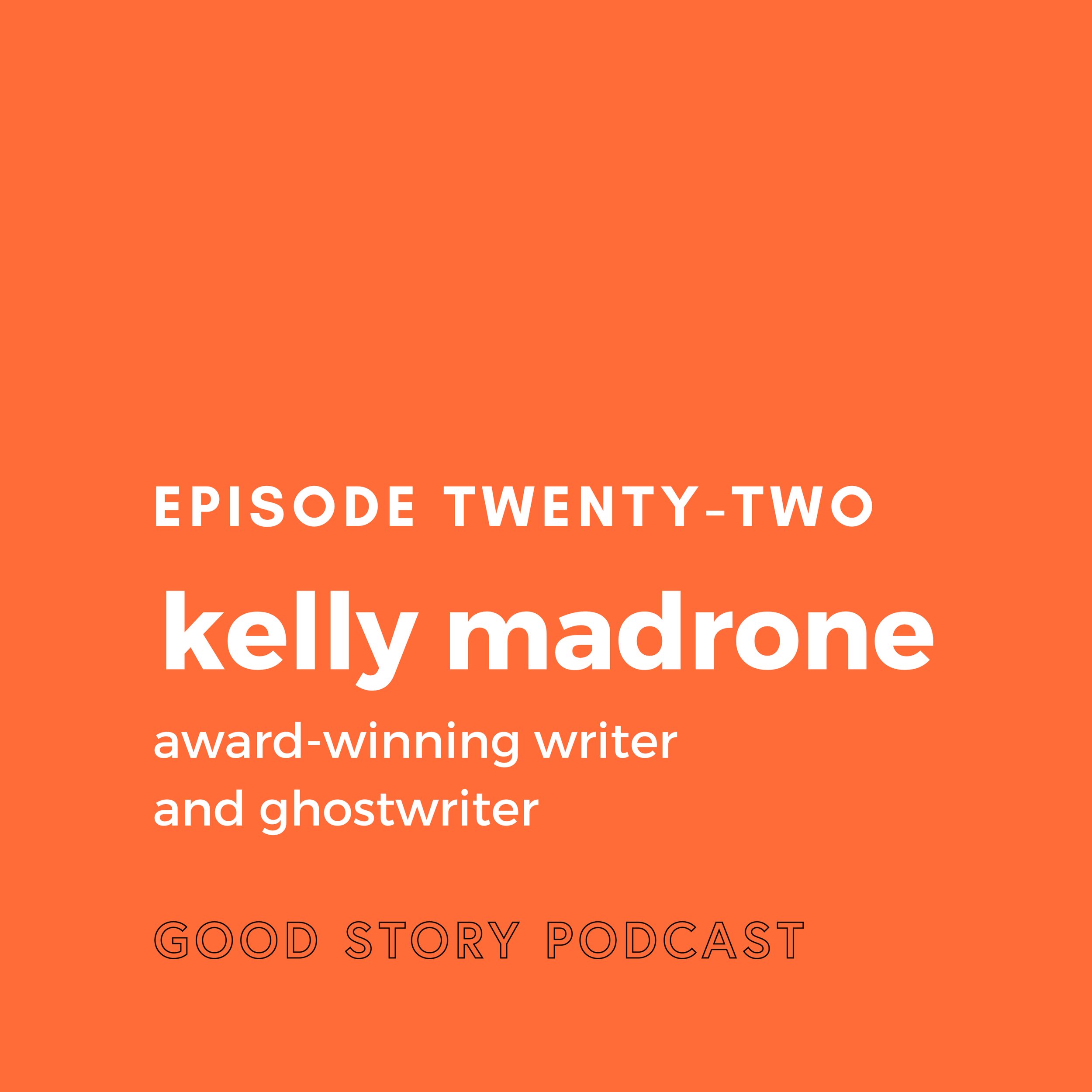

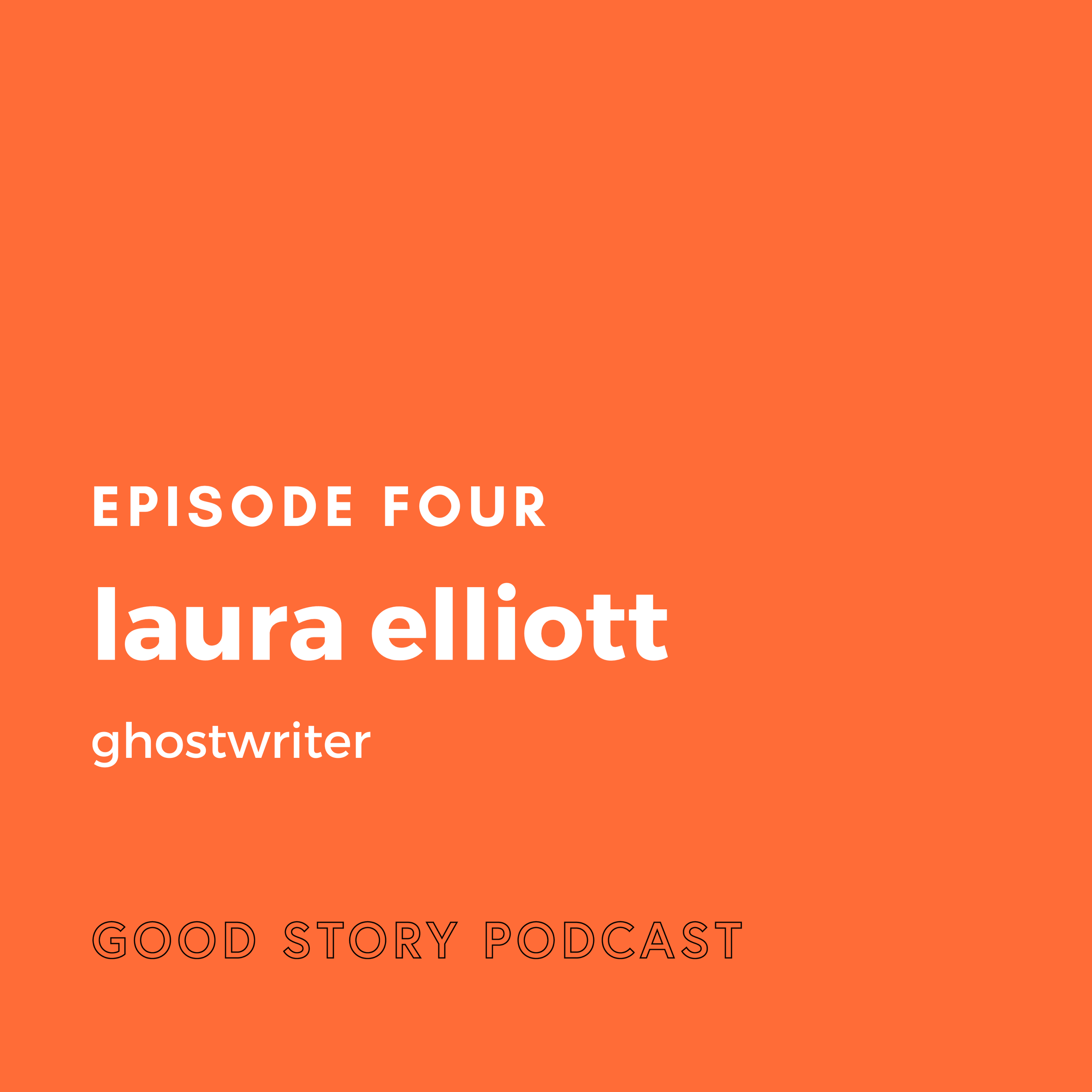











Thrilled to be joined by author and publishing expert Courtney Maum! She gives us insight behind her terrific book, Before and After the Book Deal, and talks about the highs and lows of publishing. Tune in for her knowledgable tidbits about marketing, building an online platform, self-publishing, memoir, and more!